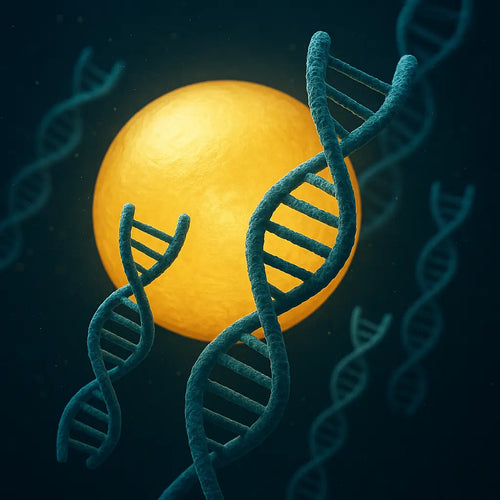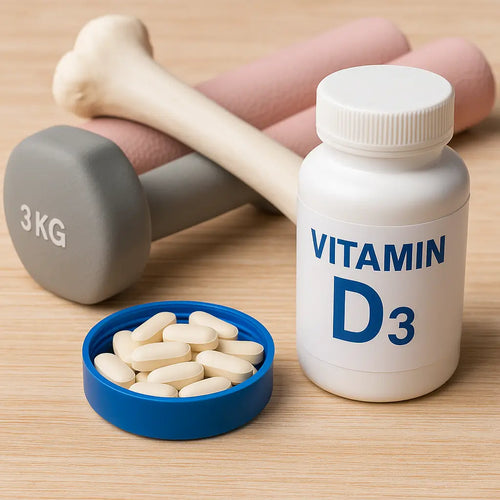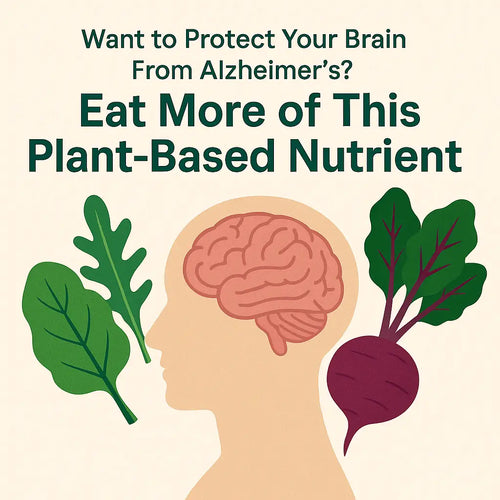
Adequate levels of glutathione are essential for optimal functioning of the immune system in general and especially T cell activation (Morris G, et al., 2014).
T cells are immune cells that are programmed to recognize an antigen (foreign particle).
Glutathione is also very important for the brain as an antioxidant, neuromodulator, neurotransmitter, and neuron survival.
Glutathione depletion has marked consequences for the control of the immune system, oxidative stress pathways, regulation of energy production, and mitochondrial survival (Fraternale A, et al., 2008).
A deficiency in glutathione puts the cells at risk for oxidative damage and is observed in many pathologies, neurodegenerative diseases and several viral infections are 2 examples.
Glutathione has been shown to inhibit the replication and survival of pathogens like viruses and bacteria (Fraternale A, et al., 2017).
The body makes glutathione, but it makes less as we get older. When we are exposed to pathogens and increased oxidative stress, we also need more.
Regularly reduced glutathione is not that useful when taken as a supplement since it is oxidized in the stomach and not much reach the cells where it is needed.
S-Acetyl Glutathione is however effective and increases glutathione in the cells.
References:
Fraternale A, Brundu S, Magnani M. Glutathione and glutathione derivatives in immunotherapy, Biol Chem. 2017 Feb 1;398(2):261-275.
Fraternale A, Paoletti MF, Casabianca A, Nencioni L, Garaci E, Palamara AT, Magnani M. GSH and analogs in antiviral therapy. Mol Aspects Med. 2009 Feb-Apr;30(1-2):99-110
Morris G, Anderson G, Dean O, Berk M, Galecki P, Martin-Subero M, Maes M. The glutathione system: a new drug target in neuroimmune disorders. Mol Neurobiol. 2014 Dec;50(3):1059-84.
Gluta thione is your primary defense against aging.
thione is your primary defense against aging.
It’s a very effective antioxidant the body makes to protect itself from free radical damage (oxidative stress). It can help repair cells that are damaged by stress, radiation, pollution, infection, and other illnesses.
As we get older, our cells begin to lose their ability to repair themselves. We make less glutathione, and we actually need more. In certain conditions, younger people may need more glutathione as well.
Glutathione helps your cells function and supports a healthy immune system. Research shows that glutathione deficiency can lead to increased susceptibility to diseases such as cancer, Parkinson’s disease, and Alzheimer’s disease.



 thione
thione





